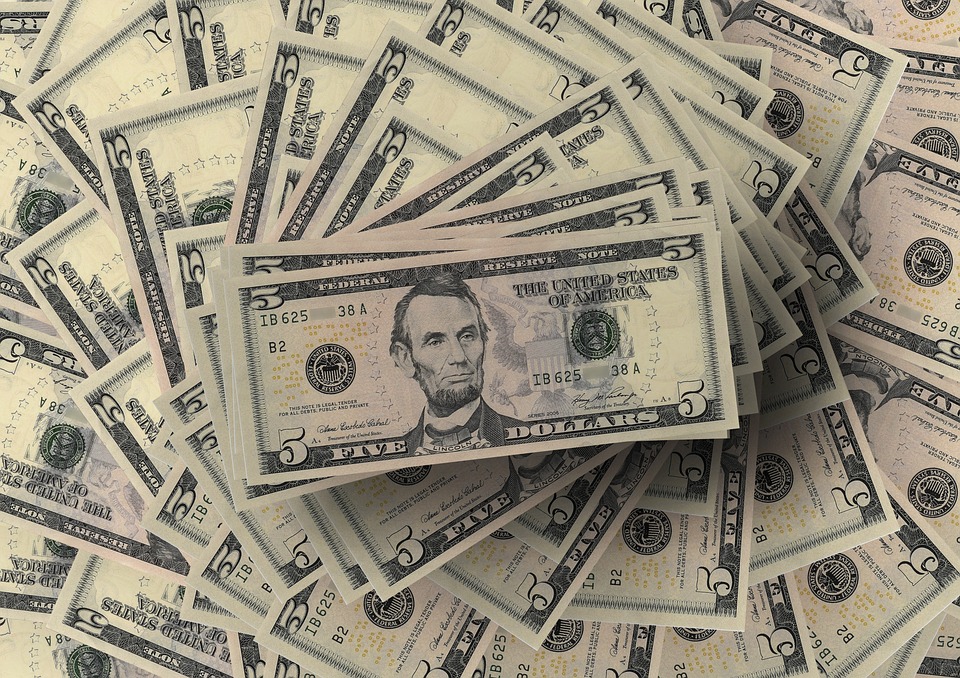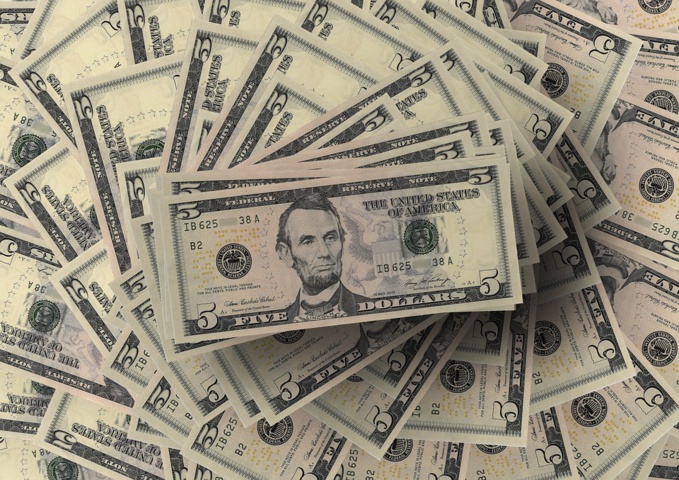JP Morgan Chase & Co. warns that whatever result the election will bring, growing tensions between Washington and its main trading partners can lead to runaway of investors from the dollar, Bloomberg writes. The two key candidates - Hillary Clinton and Donald Trump – are promising major changes in trade policy. Trump’s pre-electoral rhetoric encourages society to officially recognize China as a currency manipulator, to introduce countervailing duties on Chinese exports, as well as to establish a 35% import duties on products of American companies that have moved their production to Mexico. Hillary Clinton, in turn, promises to introduce a post of chief prosecutor of trade, triple number of law enforcement officers specialized in trade, solve problems that the US blames China for, as well as to cope with currency manipulation affecting American workers.
When the presidential candidates switch on the anti-trade rhetoric, foreigners are starting to get rid of riskier assets, on which investors demand a higher risk premium. This is opinion of Shahab Jalinoos, Head of Currency Strategy direction at Credit Suisse’s New York Division. "Apparently, the dollar will fall in value", - he said.
"We are going to get trading with certain kind of contradiction under the next president: large in the case of Trump’s victory and moderate if Clinton wins", - said John Normand, Head of research direction "Currency, commodity markets and international rates" at JP Morgan.
Last week, hedge funds and cash management companies reduced number of bets on the dollar’s appreciation to 88.105 thousand. This follows from data of Commodity Futures Trading Commission. Bloomberg Dollar Spot index, tracks the greenback index of ten major currencies, was up 20% from mid-2014 to late 2015. Then, the USA Federal Reserve System (FRS) started to raise rates, and central banks in Europe and Japan stepped up measures to stimulate the economy. This year, the dollar weakened by 5% against background of sluggish GDP growth in the US. International factors, meanwhile, have not allowed the Fed to continue tightening monetary policy. The weaker dollar diverges from forecasts of Bloomberg’s analysts, who had expected for the US currency to grow against the euro and the yen.
In the past, contradictions of the US and its trading partners had already had a negative impact on the dollar. Historically during trade disputes, it was traded at a discount of up to 20%, Bloomberg notes. In 1995, for example, the United States proposed an import duty up to 100% for luxury cars made in Japan. Then, the dollar traded around 20% below fair value, based on dynamics of spreads on two-year US and Japan interest rates. The dollar also weakened after 2000, when the US presidential candidate George W. Bush promised voters to help the steel industry, after which the US imposed import duties on these products from the European Union. Then, the American currency had lost about 30%.
source: bloomberg.com
When the presidential candidates switch on the anti-trade rhetoric, foreigners are starting to get rid of riskier assets, on which investors demand a higher risk premium. This is opinion of Shahab Jalinoos, Head of Currency Strategy direction at Credit Suisse’s New York Division. "Apparently, the dollar will fall in value", - he said.
"We are going to get trading with certain kind of contradiction under the next president: large in the case of Trump’s victory and moderate if Clinton wins", - said John Normand, Head of research direction "Currency, commodity markets and international rates" at JP Morgan.
Last week, hedge funds and cash management companies reduced number of bets on the dollar’s appreciation to 88.105 thousand. This follows from data of Commodity Futures Trading Commission. Bloomberg Dollar Spot index, tracks the greenback index of ten major currencies, was up 20% from mid-2014 to late 2015. Then, the USA Federal Reserve System (FRS) started to raise rates, and central banks in Europe and Japan stepped up measures to stimulate the economy. This year, the dollar weakened by 5% against background of sluggish GDP growth in the US. International factors, meanwhile, have not allowed the Fed to continue tightening monetary policy. The weaker dollar diverges from forecasts of Bloomberg’s analysts, who had expected for the US currency to grow against the euro and the yen.
In the past, contradictions of the US and its trading partners had already had a negative impact on the dollar. Historically during trade disputes, it was traded at a discount of up to 20%, Bloomberg notes. In 1995, for example, the United States proposed an import duty up to 100% for luxury cars made in Japan. Then, the dollar traded around 20% below fair value, based on dynamics of spreads on two-year US and Japan interest rates. The dollar also weakened after 2000, when the US presidential candidate George W. Bush promised voters to help the steel industry, after which the US imposed import duties on these products from the European Union. Then, the American currency had lost about 30%.
source: bloomberg.com



















